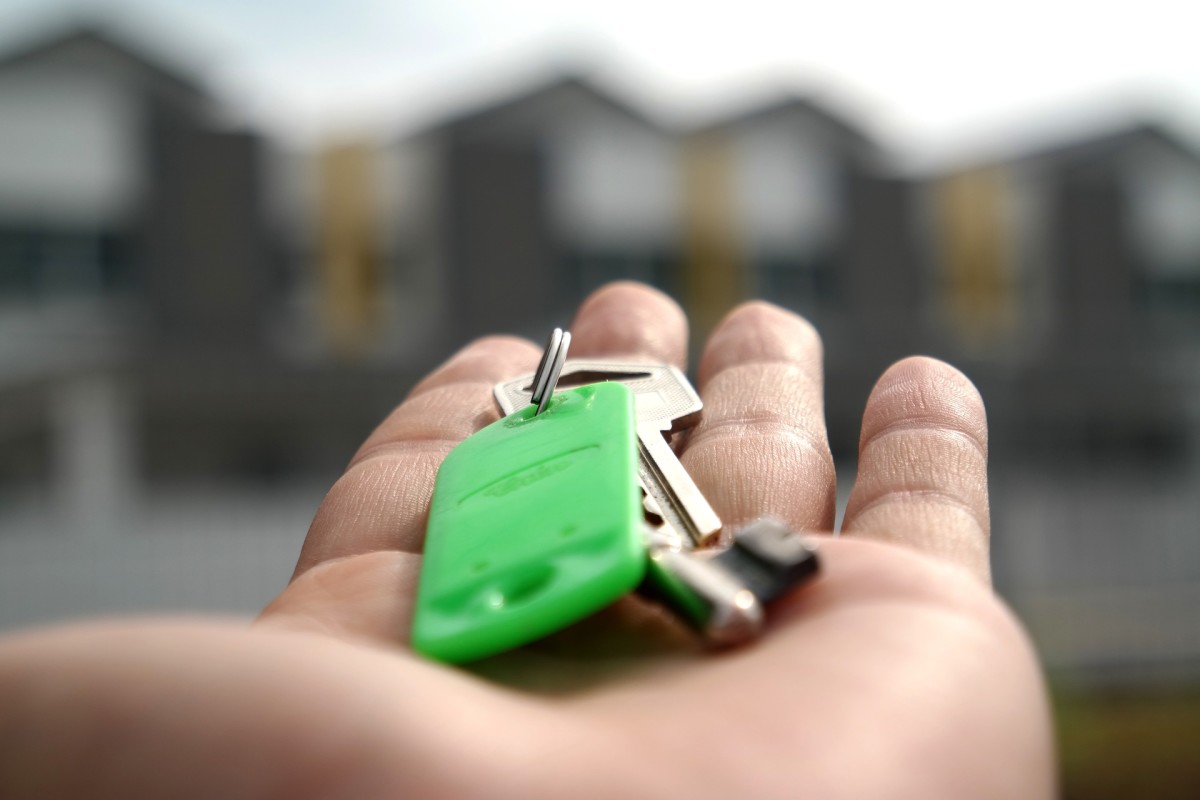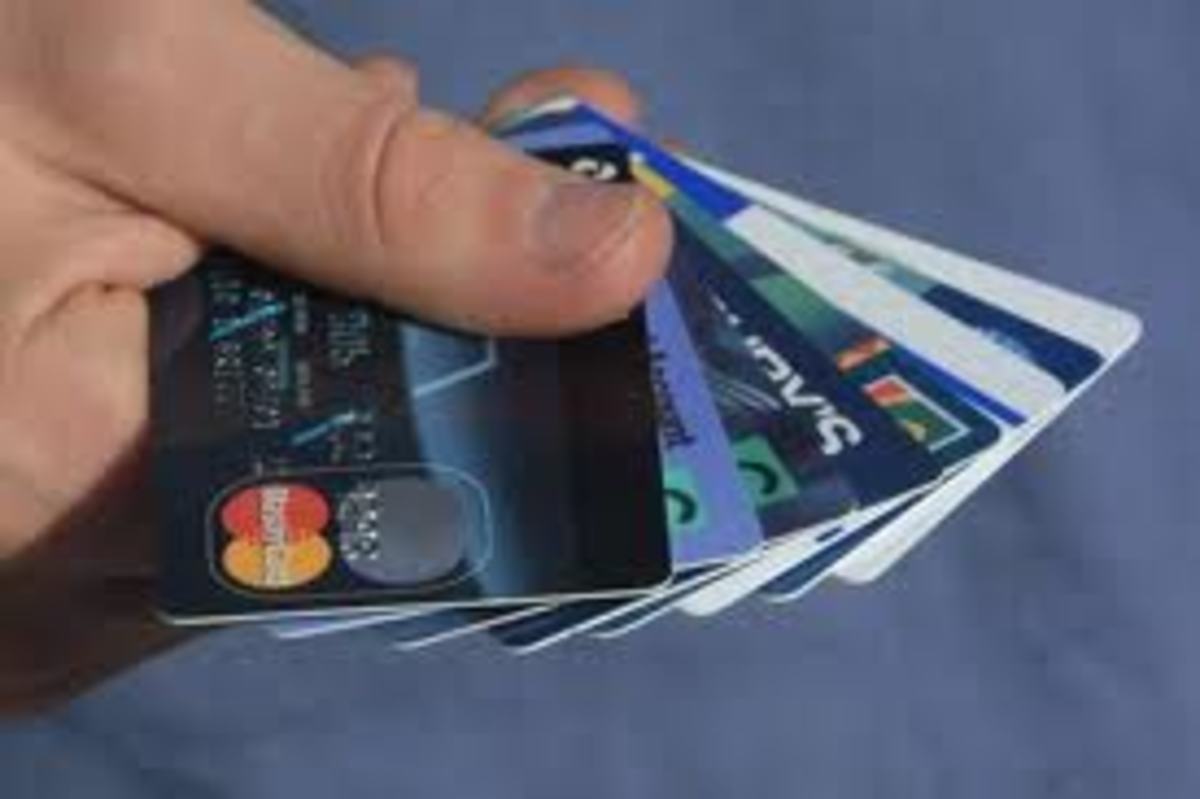Getting a Mortgage after Foreclosure
You may think that getting a mortgage after foreclosure is impossible, but that is not so. There are mortgages for bad credit available, and your credit score will start to improve as soon as you start paying your bills on time again. It is possible that you may be able to qualify for a new mortgage in as little as two to three years. The actual amount of time it will take for you depends on a number of factors, including your income, debts and other items on your credit report.
Getting a mortgage after foreclosure will be easier if you take some positive steps to ensure that your credit is back on track. Here are some things you can do to increase your chances of qualifying for a new mortgage loan.
Rebuild Your Credit
Get copies of your credit report (and your spouse's) from
all three credit bureaus. You can get one free report per year from each
of them by law, and you can also get one free if you've recently been turned
down for credit. If you have been turned down, you will receive a letter
that will tell you how to get your free credit report.
Once you receive your credit reports, you should go over them to see which
accounts are listed as late. These are the ones you need to focus on first. You know that these creditors report late
payments to the credit bureaus so make sure you pay them on time from now on. You need to pay them on time to get into a higher credit score range.
Next, try to pay off any remaining credit card debt. The banks use a ratio that compares how much credit you have available to you to how much you have used to see how responsible you are with your debt. It looks bad if all of the cards you have are close to their limit. It's much better to have the amount you owe be a smaller percentage of your credit limit. I'm not sure what percentage banks look for, but I would try to get the total amount of debt down to less than half the credit you have available.
What to Do About Credit Cards
There are pros and cons about closing your credit card
accounts. If you still have them open, you need to consider these points
before making a decision.
1) Most importantly, how likely are you to abuse the cards if you keep
the lines open? My husband and I have both had problems with credit cards
in the past, so we have decided it is better for us to not have them, even if
that means that our credit is lower because there are no revolving
accounts on it. If you go this route, you may end up needing a much
larger down payment to get into a house. However, that is much better
than being buried in debt.
2) If you close accounts that have been paid off, you increase your debt
ratio. Let me explain. Let's say you have two cards. One has
a $1000 limit and you owe $800. The other has a $200 limit and is paid
off. Your debt ratio is the amount you owe divided by the total available
credit. So that’s $800/$1200, which gives you a 67% debt ratio. If
you close the $200 account, that credit is no longer available, so your debt
ratio is $800/$1000, which is 80%.
3) If you have too much credit available to you, it can adversely affect
your ability to get a mortgage. The
reason is that banks sometimes assume that you will eventually use the credit
that is available to you, which will result in your monthly credit card
payments rising. To allow for this, they may adjust the amount of your
monthly credit card payments to when figuring out how much you can afford for a
mortgage payment.
Important Ratios to Know
There are some ratios that you should know before you try getting a mortgage after foreclosure, or any mortgage. These are general guidelines banks use to determine whether you can afford the mortgage payment or not. Both of the following must usually be true in order to qualify for a mortgage:
1) The mortgage payment cannot exceed 33% of your income.
2) The mortgage payment plus your monthly debt payments (cars, credit cards, NOT utilities) cannot exceed 41% of your income.
Those are the magic numbers you need to shoot for. If your debt payments bring the total amount to more than 41% of what you expect your mortgage payment to be, then you need to pay down the debts with the highest monthly payments first, so that the percentage of your income you are paying in debt decreases as quickly as possible.
Summary
Remember, there are three things you should do to improve your chances of getting a mortgage after foreclosure. First, you must work on your credit. Second, pay down your credit cards to less than half the available balance. And third, make sure your income and debt payments are of the appropriate amounts to allow you to meet the bank’s debt-to-income ratios. Doing these three things will not guarantee your success, but they will at least get you close, and your banker should be able to tell you what else you need to do to qualify if you still fall short.
More Foreclosure Articles by Beth Parker
- Preventing Foreclosure
I could tell you that the best method of preventing foreclosure is to pay your mortgage payments on time, but that wouldn't make for a very useful article. Here are some foreclosure prevention tips that you... - What Happens to Your Credit When You Foreclose?
One of the things you might worry about if you are facing foreclosure is how it will affect your credit score. Obviously, a foreclosure will have a negative effect on your credit, but just how bad will it...








